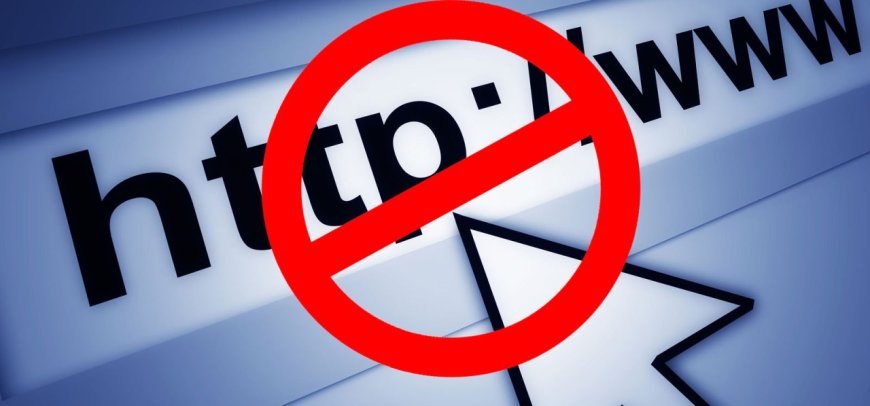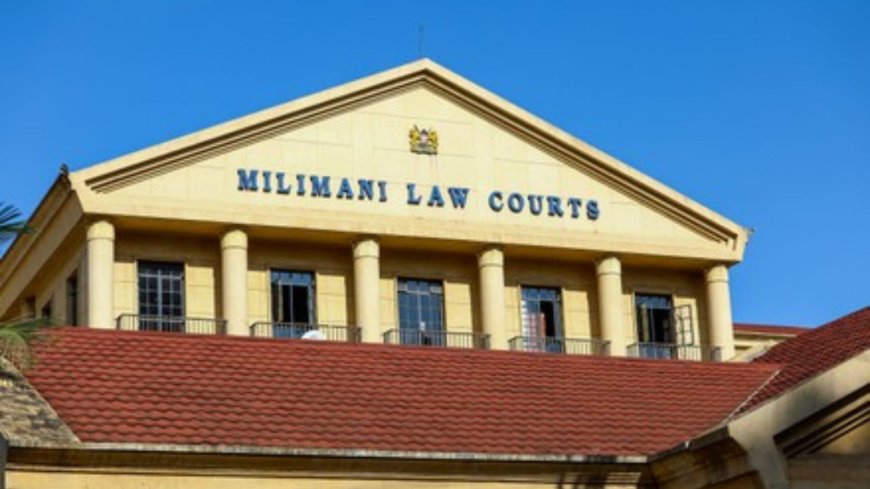Govt Blocked From Shutting Down Social Media In Cybercrime Law Court Battle
The judge also froze Section 6(1)(j)(a), which allows authorities to block websites or applications allegedly promoting illegal activities

The High Court temporarily halted the government from implementing two disputed sections of the Computer Misuse and Cybercrimes (Amendment) Act, 2024 — including one that grants powers to shut down social media platforms.
Justice Lawrence Mugambi, in a ruling delivered on Thursday, November 7, suspended Sections 27(1)(b) and 6 of the Act pending the conclusion of petitions challenging the new cybercrime law.
The judge also froze Section 6(1)(j)(a), which allows authorities to block websites or applications allegedly promoting illegal activities, obscene material involving minors, or intimidation.

Image of a blocked website. /LINKEDIN
“Following the parties’ agreement, the court adopts the same as a consent order and allows the suspension of Sections 6 and 27 of the Computer Misuse and Cybercrimes Act pending hearing and determination of this case,” Justice Mugambi ruled.
He clarified that social media platforms will remain protected until all six petitions contesting the amendments are fully heard.
Mugambi further directed the Attorney General, the Communications Authority of Kenya (CA), Members of Parliament, and the petitioners to revise earlier court orders that had frozen the entire Act.
The Attorney General’s team and CA argued that the initial suspension issued on October 22 was too broad, blocking the state from enforcing non-controversial sections of the law.
“After consultations with all parties, we have agreed to amend the earlier orders and suspend only two sections of the Cybercrimes Act until the case is heard and determined,” said lawyer Paul Nyamodi, who represented the Attorney General.
CA’s lawyer, Patrick Lutta, also objected to the earlier ruling, saying it was based on “non-disclosure of material facts” and could undermine online safety and law enforcement efforts.
The original orders stemmed from petitions filed by gospel musician Reuben Kigame and Kirinyaga Woman Representative Jane Njeri, who argued that the amendments signed into law by President William Ruto on October 15, 2025, posed a threat to digital rights and free expression.
They further contended that several provisions of the amended Act give state agencies excessive and unchecked powers to monitor, access, and restrict online accounts without court approval — actions they say violate constitutional protections under Articles 31, 33, 34, 35, and 36, which guarantee privacy, free speech, and media independence.
The Computer Misuse and Cybercrimes (Amendment) Bill, 2024, was published by the National Assembly on August 9, 2024, and later subjected to public participation through the Departmental Committee on Communication, Information, and Innovation, which engaged civil society and industry stakeholders.
The new amendments had sought to expand the definition of computer misuse to include unauthorized system access or modification and to criminalize ICT-enabled offences targeting networks or data.
Justice Mugambi’s latest orders also suspend Section 27 of the Act, which criminalises publishing messages that could drive a recipient to self-harm, until the petitions are determined.







